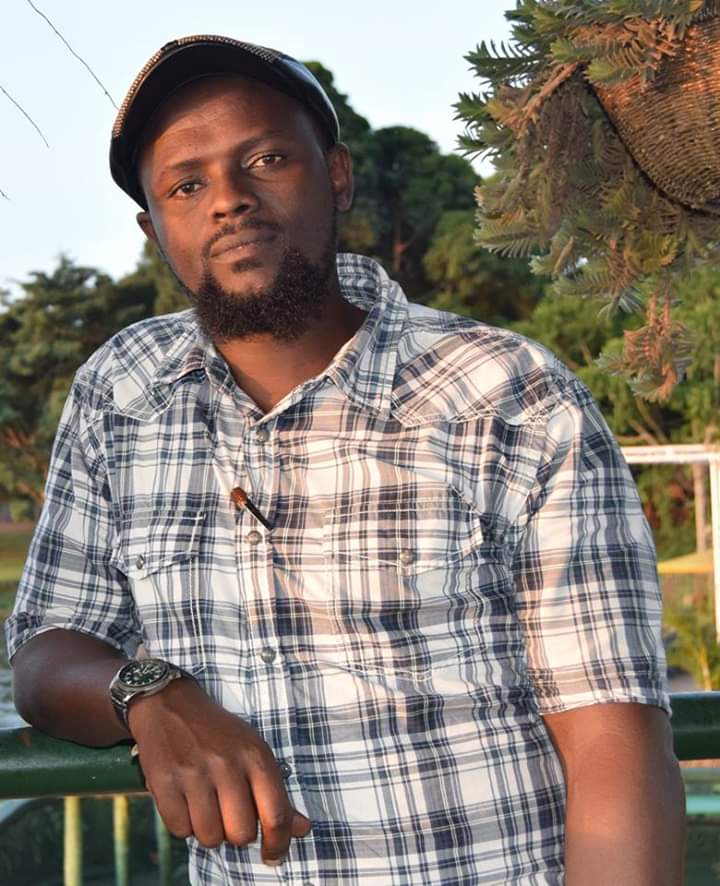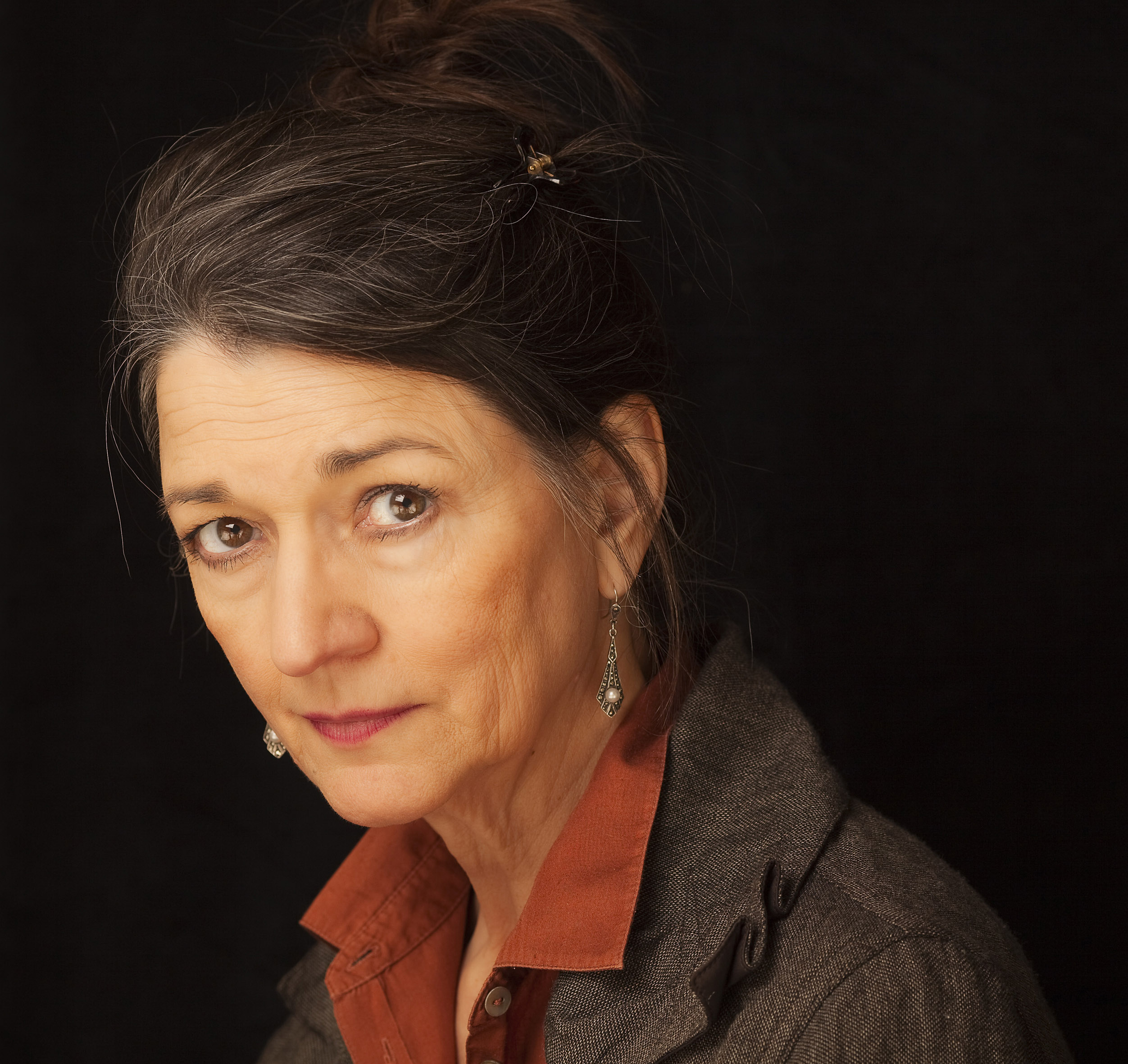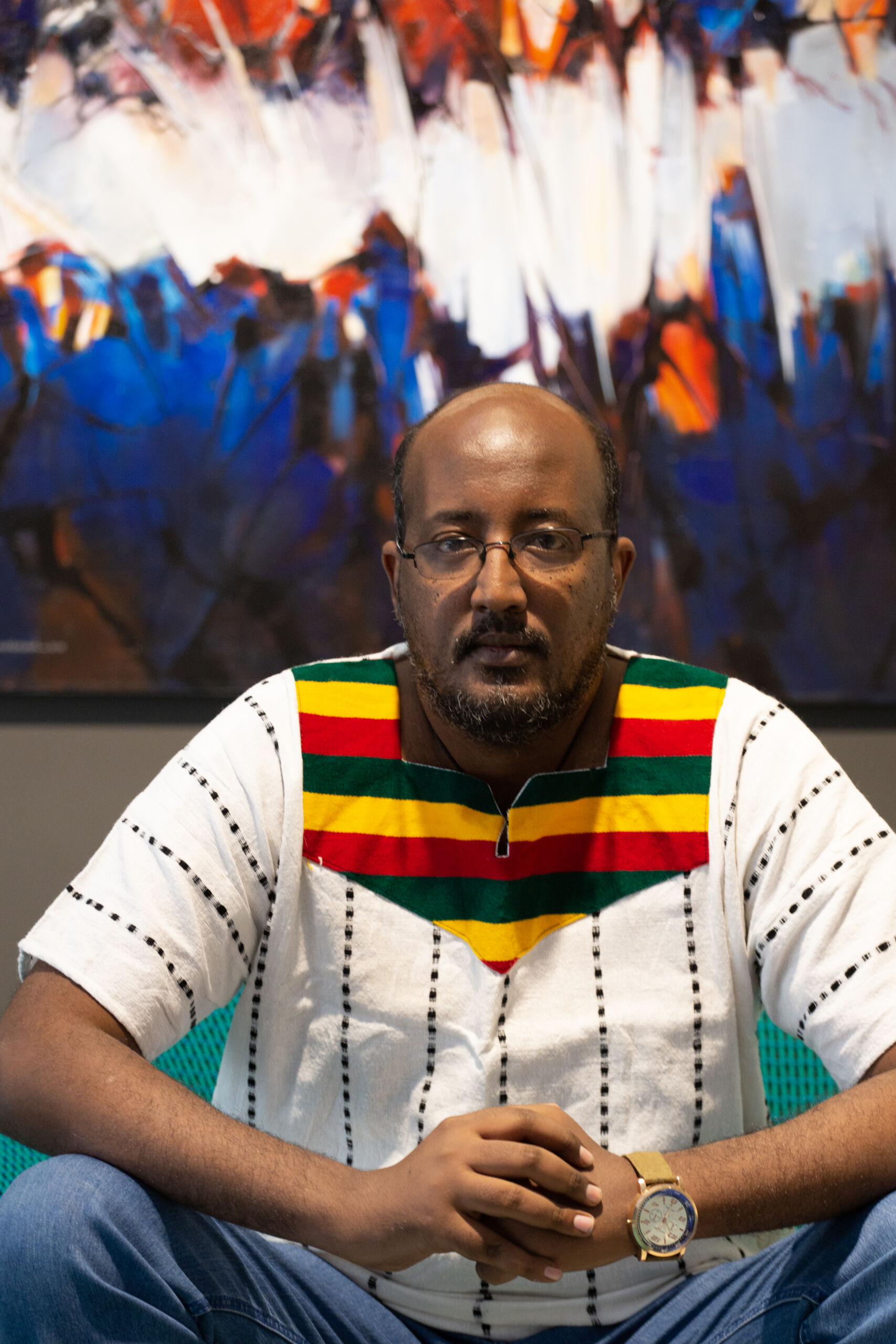The second in a series of discussions about cultural heritage and contemporary culture.
We have a complex relationship with cultural heritage. In celebrating its riches, we must also acknowledge the challenges it presents.
For the second in our series of Against Disappearance discussions, we explored the different legacies of cultural and commercial exchange.
Trade and culture have always coincided, not always in equity. A consequence of the movement of people, products and commodities across territories, is the migration of different ideas, rites and customs. Across the globe, coastal cities notably hold vestiges of both nourishing and deadly trades. In particular, they reveal how the transportation of enslaved people impacted on the confluence and also disappearance of cultures.
To discuss how some stories are told of migration, trade and power, the British Council's Cultural Protection Fund and Shubbak, London's festival of contemporary Arab culture, invited: writer, mythographer and historian Marina Warner, writer and activist Hammour Ziada - whose book The Longing of the Dervish was shortlisted for the International Prize for Arabic Fiction - and writer, editor and festival convenor, Abu Amirah - whose book KasKazi explores the dynamics and inter-connectedness of narratives and cities on the Swahili coast.
Centred around the cultural context of African, Arab and European influences in Sudan and the Swahili coast, their discussion was framed by examples of heritage across Lamu, Mombassa and Omdurman amongst others to illustrate the fragility of the material traces of complex and shared histories.
Musician Al Amin Khalf Allah plays the Oud and sings a traditional song about the Battle of Kerreri. These songs are laments that extol the virtues of the Sudanese warriors and their bravery in the face of the overwhelming odds they faced at the Battle of Kerreri, near Omdurman. It marked the end of the Mahdist period during which Sudan was independent from the Ottoman Empire from the liberation of Khartoum in 1885 to the fall of Omdurman in 1898. The song is valued as a symbol of the desire of the Sudanese to be independent of their foreign rulers, and as a memory of the time when they first achieved this. it serves as a reminder today of the struggle the Sudanese people have gone through to develop their own free identity since the creation of the new Sudan Republic on 1 January 1956.
This video is produced as part of the Western Sudan Community Museums Project supported by the Cultural Protection Fund, in partnership with the Department for Digital, Culture, Media and Sport. This project is led by ICCROM-ATHAR (Architectural and Archeological Tangible Heritage in the Arab Region) and delivered in partnership with the National Corporation for Antiquities and Museums (NCAM); The Centre for Heritage Studies, McDonald Institute for Archeological Research, University of Cambridge; and Mallinson Architects and Engineers.
Read more about the project
This discussion is the second in a series presented by the Cultural Protection Fund and Shubbak Festival. The Cultural Protection Fund is led by the British Council in partnership with the Department for Digital, Culture, Media and Sport.




